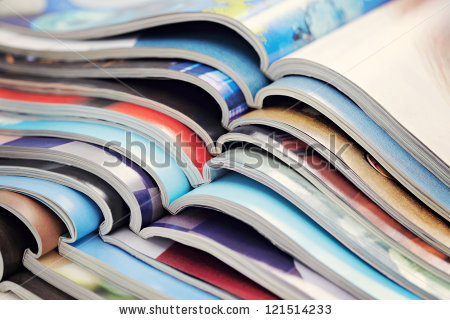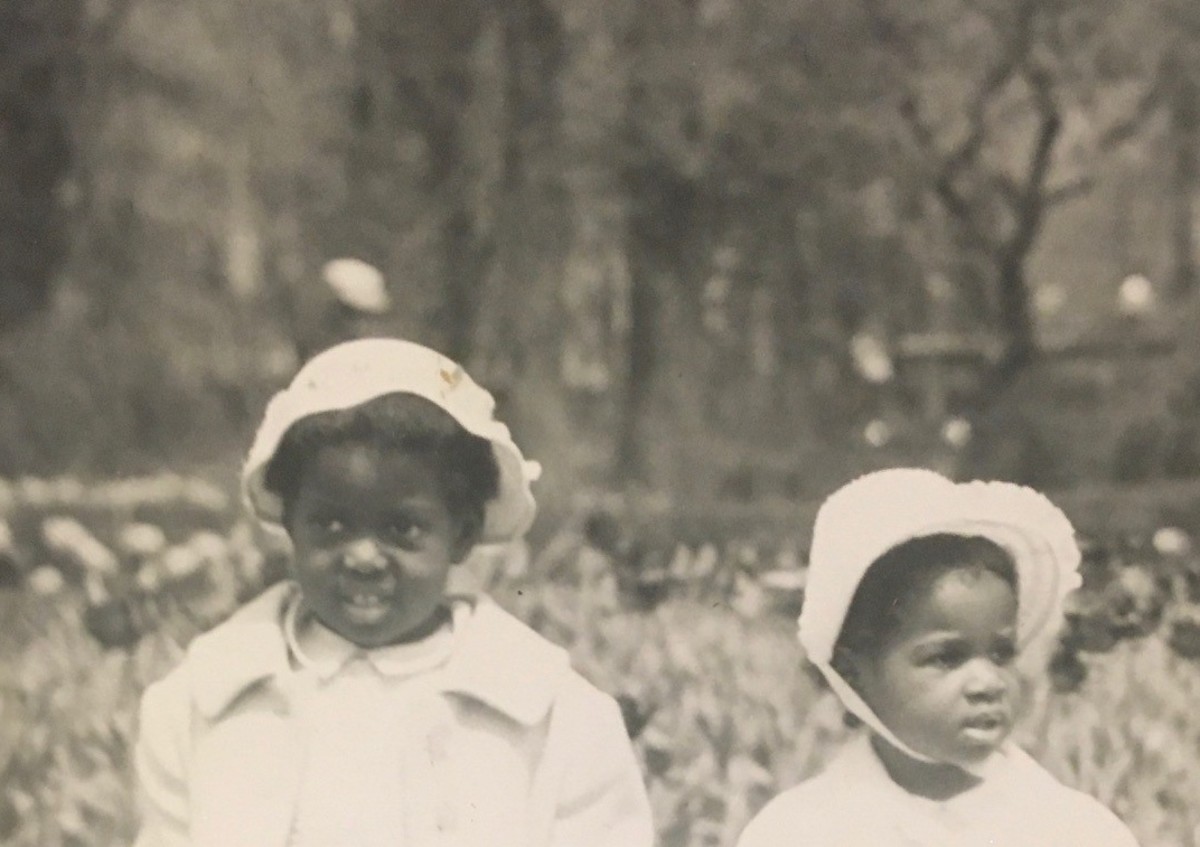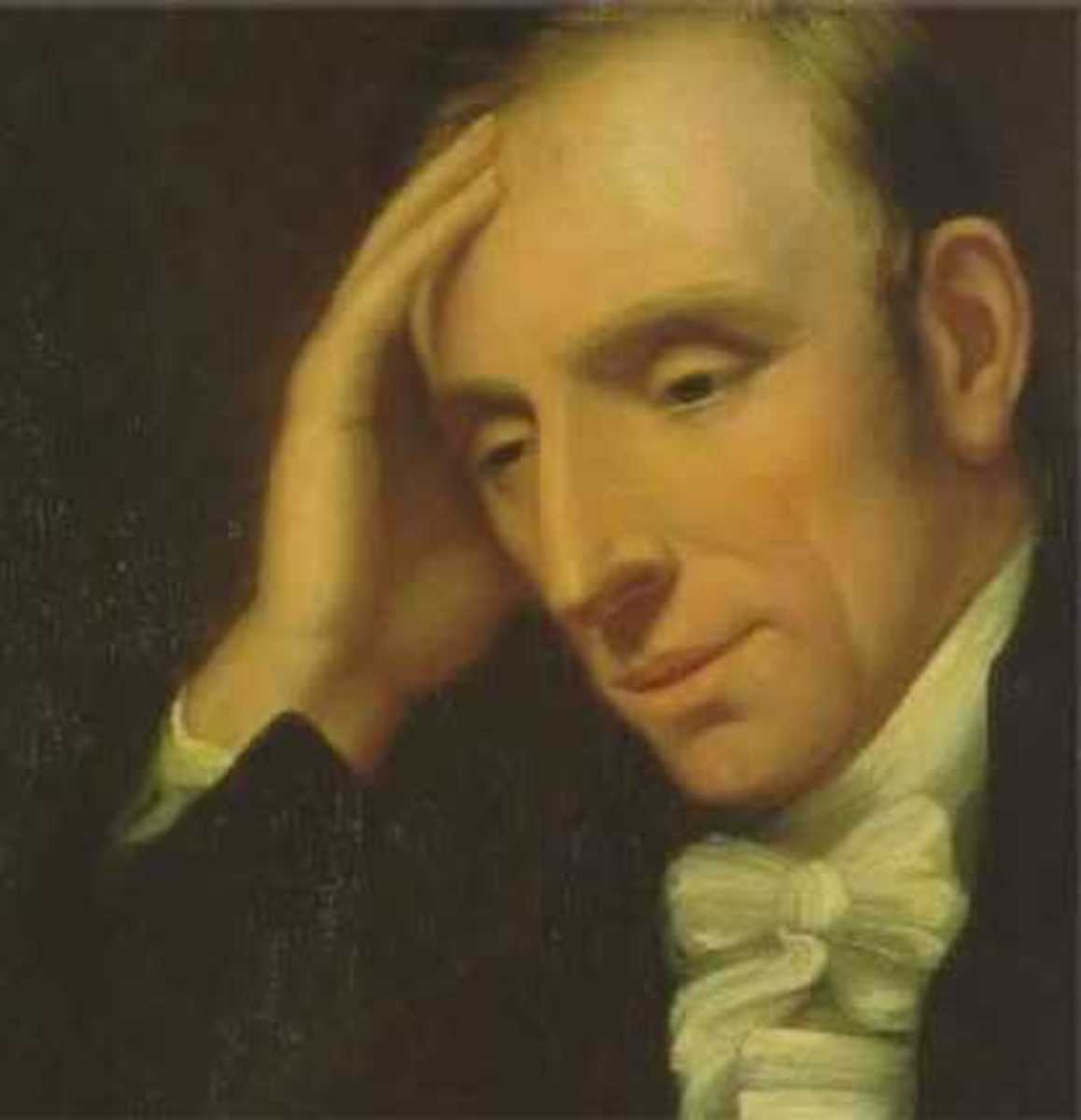To Lose A World

Each semester I tallied my ratio
of submissions landing in the literary magazine
as a basketball player his free-throw record:
one for two, two for three, four for six,
six for eight. I shunned the honor
of editorship for my senior year,
unwilling to banish my words from billowing
forth on the magazine’s pages like
sails cruising it into beauty.
At least I manned its Electives Fair booth,
keeping myself company in the crowd.
From the abutting table, Journalism
classmates hectored above the hubbub
of ardent newspaper aspirants, “What do you do
in Literary Magazine?” The creative cadre
who received me as one of their number
and breathed the aesthetic flair into the magazine
had flown; too few current students
deemed the class worth a schedule slot,
dooming us to meet on our own time.
“He has a problem. Why doesn’t he just fix it
and stop wallowing in mental self-flagellation?”
the novice volunteers would moan over a character’s
intermezzo of introspection. To them
the heart’s design was sturdy and straightforward
as a balsa model bridge for Engineering class,
brisk and efficient in furthering
its purpose as a line of programming code.
No notion of how, involuted, it folds
over and chokes its own growth,
or its fluidity, bayous and oxbows
siphoning off its current from its true course.
We filled out the same scoring forms as always,
though, typed proofs on the same floppy disk
in the same suavely chiseled Garamond font,
churned out on the same Commercial Graphics presses
sheets to be folded and stapled to pastel
cardstock powdered with the front illustration’s shading.
How easy to lose a world before
you gather it’s gone when you think too much
of how to hang onto where you want to belong there,
and in what remains the wheels keep spinning in place.



